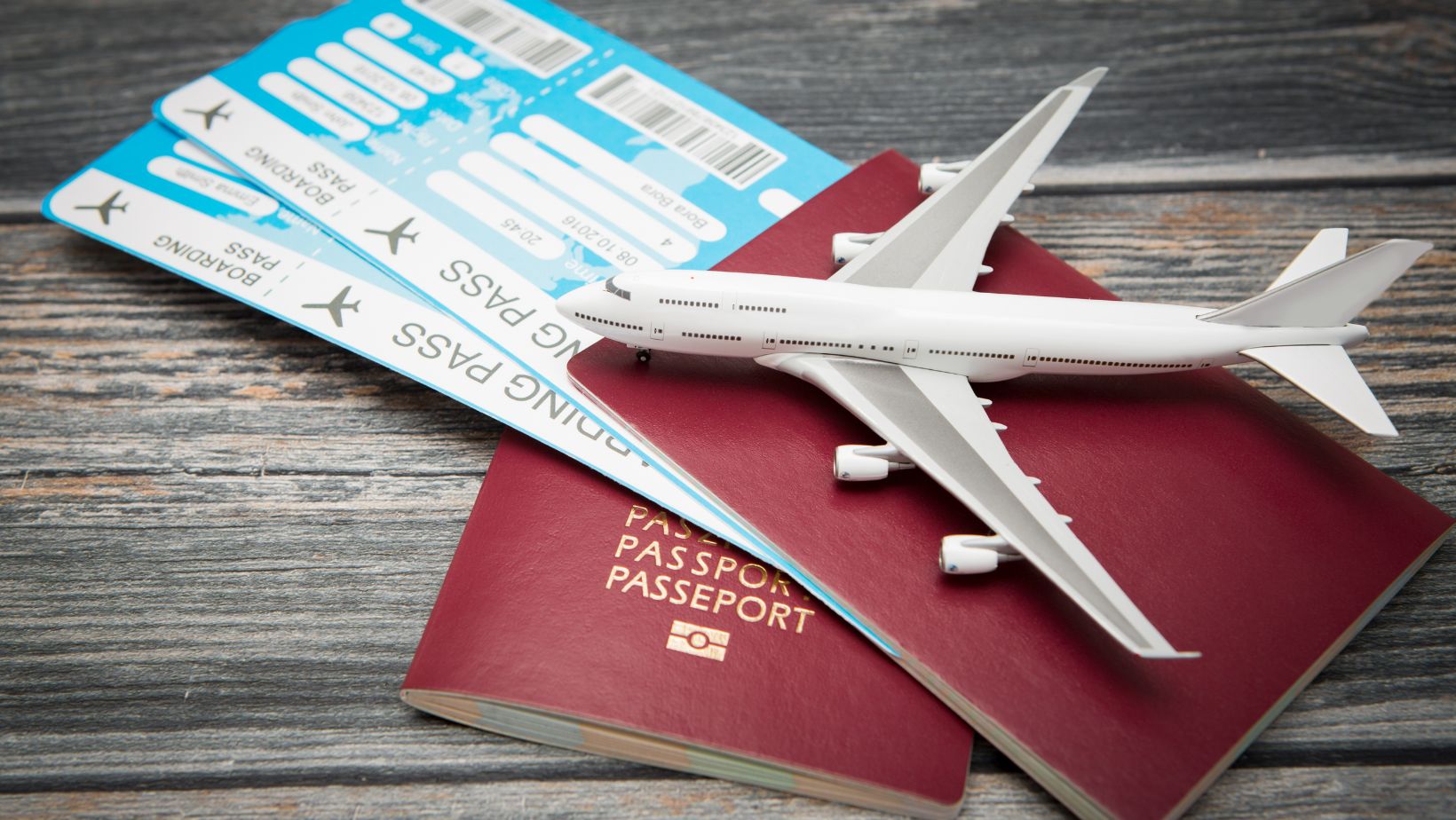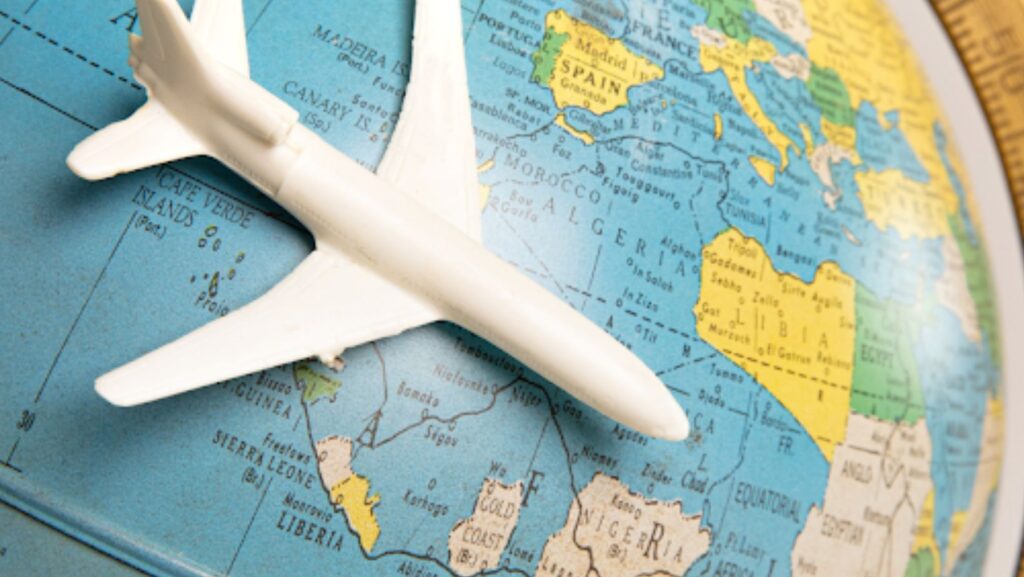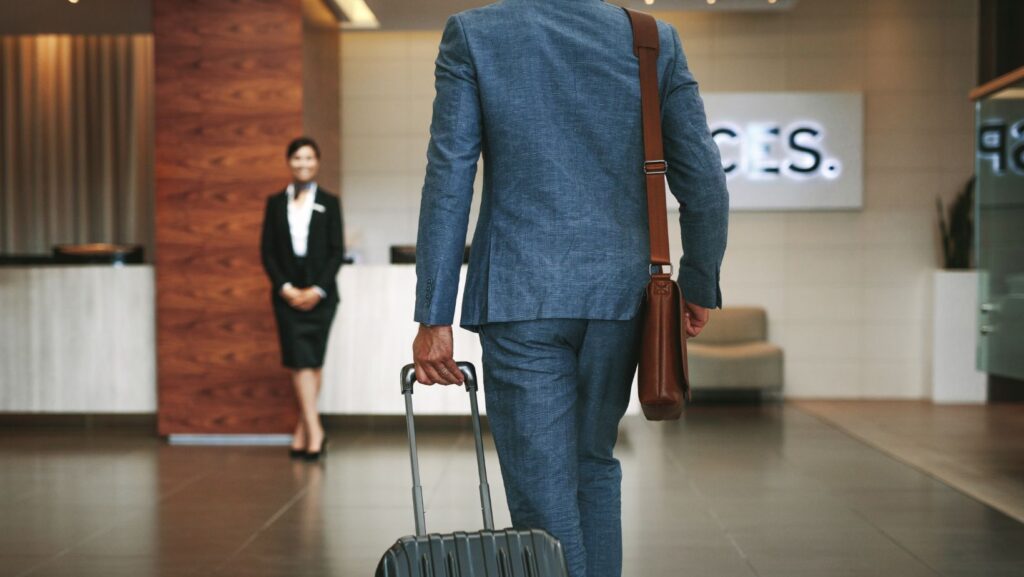“Empty Seats Are Wasted Revenue — and That’s Where You Come In.”
It was 11:48 p.m. in Doha when I realized I didn’t have a ticket home.
Every flight to New York was full except for one premium-class seat that might, possibly, become available if a passenger didn’t show.
Standing barefoot on the marble floor of Hamad International, phone in one hand and espresso in the other, I remembered what two decades of global travel had taught me: in the world of last-minute flying, chaos is your currency. Play it right, and you can stretch out like royalty for the price of a cramped economy seat.
1. The 72-Hour Window of Opportunity
Inside every airline’s booking system lives a nervous algorithm obsessed with yield. Within 72 hours of departure, that system starts sweating — every unsold business-class seat means lost revenue. So it cuts prices, reroutes inventory, and quietly releases discounted premium fares.
That’s your moment.
The trick? Understand the rhythm. Cancellations from corporate travelers usually spike 48 hours before take-off. Tuesdays and Wednesdays are ripe; weekends are brutal.
Back in 2017, I was in Buenos Aires when my editor called from London: “We need you here tomorrow.” Instead of paying $6,000 for a seat, I waited. At 3:42 a.m., a cancellation dropped the price to $1,200. I booked instantly, dashed to Ezeiza, and toasted sunrise with champagne instead of coffee.
2. The Digital Toolkit of the Elite Traveler
Forget mindless searching — this is a digital chess game.
Tools like Hopper, Skyscanner, and Google Flights are the warm-ups. The heavyweights are ExpertFlyer (for real-time fare buckets), SeatSpy, and AwardWallet, which alert you the moment an upgrade seat opens.
But when algorithms stall, call the airline. Humans still win. I’ve secured flatbeds in Singapore and Addis Ababa simply by catching a night-shift agent between system refreshes.
And then there are the quiet specialists — premium ticket brokers such as travelbusinessclass. These guys negotiate unused corporate inventory and unpublished fares. Think of them as the black belts of last-minute luxury. If you know their lingo, they’ll find you seats Google doesn’t even know exist.
3. Miles, Mistake Fares & Magic Upgrades
Miles are a second passport. And their best use? When time is running out.
Most airlines release extra award seats in premium cabins within that final 72-hour window. In 2019, stranded in Johannesburg, I snagged a Qatar Airways business seat to Doha for 45,000 AAdvantage miles — half the usual rate.

Then there are mistake fares, those fleeting glitches when someone mis-keys a route or currency. I once flew first class from Tokyo to San Francisco for $900 because a digit went missing. These deals vanish within hours, but they’re proof that vigilance beats privilege. Keep your alerts on, your passport handy, and your credit card ready.
4. The Art of Being “Flight-Ready”
Last-minute travel favors the prepared. You don’t plan — you pounce.
Keep a go-bag ready: one carry-on, one purpose. Mine’s seen more scanners than diplomats. Essentials — passport copies, travel adapters, a clean blazer, and a backup credit card — live inside permanently.
If a premium seat opens at 10 p.m. for a 1 a.m. flight, laundry isn’t an option.
And never underestimate lounge access. Those global cards that unlock Priority Pass or AmEx Centurion lounges turn mayhem into calm. I’ve booked flights from an Istanbul lounge, kebab plate balanced beside my laptop, while the rest of the terminal melted down outside.
5. The Human Side of Premium Chaos
People fantasize about business-class serenity — the champagne, the lie-flat bed, the whispered service. But behind every discounted premium ticket is a story: a canceled meeting, a misrouted traveler, a hustler who hit “refresh” at just the right time.
The rush of landing one of these seats isn’t about luxury; it’s about mastery. You’ve read the patterns, outwaited the algorithms, and turned travel uncertainty into advantage.
Flying premium on a discount isn’t luck — it’s controlled audacity.
6. The 72-Hour Playbook
Monitor Constantly
Start watching fares 72 hours out. ExpertFlyer and SeatSpy alerts are your radar.
Stay Flexible
Alternate airports can save thousands — Brussels instead of Paris, Newark instead of JFK.
Use Miles Like Ammunition
Award seats appear last minute; spend, don’t save.
Negotiate by Phone
Agents can override digital restrictions — politeness and persistence go far.
Check with Brokers
Agencies like travelbusinessclass often access quiet deals.
Pack Light
Be physically ready to move within an hour.
Act Fast
Set a price ceiling, then strike. Hesitation is how someone else gets your seat.
7. Why It’s Worth the Chase
Every time I recline into a flatbed at 35,000 feet — Bordeaux swirling in a glass, headphones humming — I remember the chaos it took to get there. The midnight calls, the near-missed flights, the long odds.
But that’s the point. Travel isn’t supposed to be predictable. It’s supposed to test your nerve, sharpen your instincts, and occasionally reward you with a glass of champagne and a perfect sunrise.
The best seats in the sky aren’t just about comfort. They’re about perspective — proof that fortune still favors the bold.
So, the next time you’re staring at impossible prices with 72 hours to spare, don’t curse the system. Outsmart it. Pack your bag, charge your phone, and refresh those screens like your life depends on it.
Because somewhere, right now, an airline algorithm is panicking.
And if you’re quick — if you’re clever — that empty premium seat could have your name on it.




